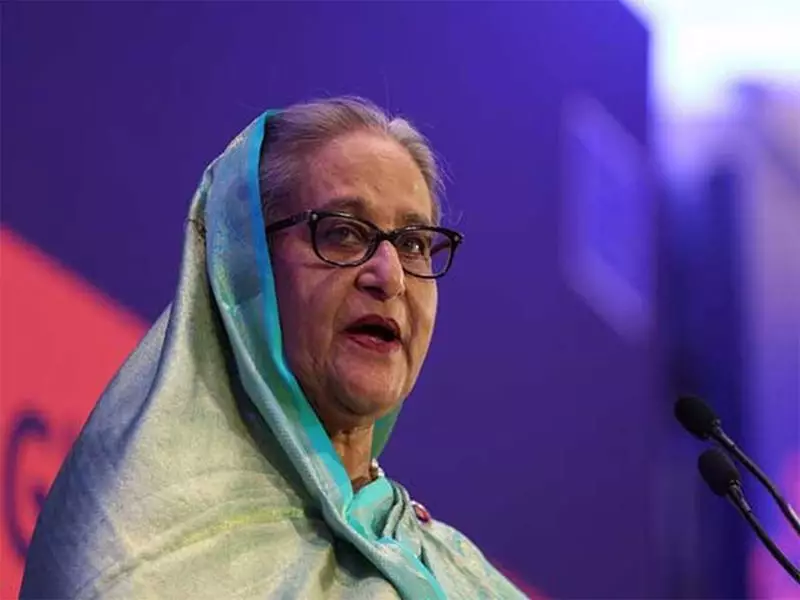
Bangladesh's International Crimes Tribunal is set to deliver a landmark verdict today in a significant case involving current Prime Minister Sheikh Hasina. The tribunal's decision comes amid heightened political tensions and international scrutiny.
Background of the Case
The International Crimes Tribunal (ICT) in Dhaka has been hearing this particular case that has drawn widespread attention across South Asia. The tribunal specializes in dealing with war crimes and crimes against humanity committed during Bangladesh's liberation war in 1971.
Prime Minister Sheikh Hasina, who has been leading Bangladesh since 2009, faces allegations that have been under judicial scrutiny for considerable time. The case represents one of the most significant legal challenges during her political career.
Political Implications
The timing of this verdict carries substantial political weight, coming at a crucial juncture in Bangladesh's political landscape. The outcome could potentially impact the country's governance and international relations, given Sheikh Hasina's prominent role in regional politics.
Security has been tightened around the tribunal premises and key government installations in anticipation of the verdict. Authorities have deployed additional police forces and implemented surveillance measures to maintain law and order.
International Attention
The case has attracted attention from various international human rights organizations and foreign governments. Several diplomatic missions in Dhaka have been closely monitoring the developments, with many expressing concerns about political stability in the region.
Legal experts and political analysts have been divided in their predictions about the potential outcomes and their consequences for Bangladesh's democracy. The verdict is expected to trigger reactions from various political factions and civil society groups.
Supporters of both the government and opposition parties have gathered in different parts of the capital, though authorities have ensured they remain in designated areas to prevent any untoward incidents.
Historical Context
The International Crimes Tribunal was established to address crimes committed during Bangladesh's war of independence. Over the years, it has delivered several verdicts involving political figures and military personnel accused of wartime atrocities.
This particular case against Prime Minister Sheikh Hasina represents one of the highest-profile proceedings in the tribunal's history. The allegations stem from historical events that continue to shape Bangladesh's political discourse.
Legal proceedings have followed due process, with both prosecution and defense presenting their arguments over multiple hearings. The tribunal judges have examined extensive evidence and witness testimonies before reaching their decision.
Potential Outcomes and Reactions
Political observers suggest that regardless of the verdict's nature, it will likely have far-reaching consequences for Bangladesh's political future. The ruling could influence upcoming political processes and electoral dynamics in the country.
International relations experts note that the verdict may affect Bangladesh's standing with global partners and international financial institutions. Several countries have already positioned themselves to respond appropriately based on the tribunal's decision.
The business community in Bangladesh has expressed concerns about potential market volatility following the announcement. Stock market authorities have prepared contingency plans to handle any significant fluctuations.
As the nation awaits this pivotal judicial decision, all eyes remain on the International Crimes Tribunal in Dhaka. The verdict will undoubtedly mark a significant chapter in Bangladesh's contemporary political history.





